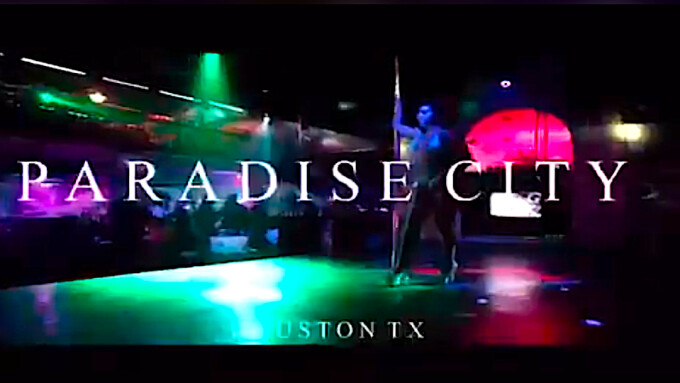HOUSTON — A new settlement between the city of Houston and an establishment wishing to operate as a strip club calls into question, once again, the selective enforcement of nude dancing ordinances in the major Texas metropolis.
Paradise City, a bikini bar seeking to become a strip club, is the latest challenger to the precarious arrangement which has ruled Houston’s nightlife since 2013.
In their October 2019 lawsuit, lawyers for Paradise City’s parent company, My Entertainment, alleged that “the city unlawfully permits only a select handful of adult entertainment establishments to operate with immunity from city ordinances regarding 'no touch' and 'three feet' rules.”
Paradise City’s attorneys reportedly have reached a settlement with the city of Houston.
Back in 2013, 16 adult entertainment venues reached a settlement with the city which granted them immunity from enforcement of the local ordinances regulating nude dancing in the city.
As part of the settlement, those 16 venues agreed to make annual payments to fund the police department’s “anti-human trafficking unit,” the Houston Chronicle reported.
“The 2013 settlement was meant to resolve a series of similar, costly lawsuits filed against the city by 16 clubs protesting regulations that prevented topless dancers from being closer than three feet to patrons,” the Chronicle reported. “Under the agreement, the clubs received a waiver from those requirements in exchange for making about $1 million in annual payments to the city’s Human Trafficking Abatement Fund. They were also required to remove their private or VIP rooms, and agreed to report prostitution, indecent exposure and drug use, and the names, ages and immigration status of their employees.”
But owners of competing venues have repeatedly made the argument that the 2013 settlement essentially constitutes legalized commercial bribery and an anti-competitive scheme. According to those clubs, the settlement gave the original plaintiffs a virtual cartel situation that allows them to control the adult entertainment market.
In June 2018, the Houston Chronicle reported that the number of clubs permitted in the agreement had grown to 21 in five years, “and the city has collected more than $5.4 million from the clubs allowed to participate in the 2013 agreement, according to city records.”
In 2018, Chicas Cabaret and Penthouse Houston sued to be included in the agreement, calling the settlement “unlawful, unfair and anti-competitive in nature,” and claiming it “impacted their ability to do business.” Fantasy Plaza had also made a similar argument, and the city — as it did in the Paradise City case now — agreed to settle.
Legal experts have pointed out the peculiar nature of the 2013 arrangement, which resulted in a grey-area limbo for adult entertainment in Houston.
“Why is the city keeping an ordinance on the books and basically exempting [businesses] from it?” Josh Blackman, a professor at the South Texas College of Law Houston, told the Chronicle. “Normally the point of a statute is to enforce it equally. And if they're just cutting deals with every strip club that asks for it, just repeal the damn statute.”








